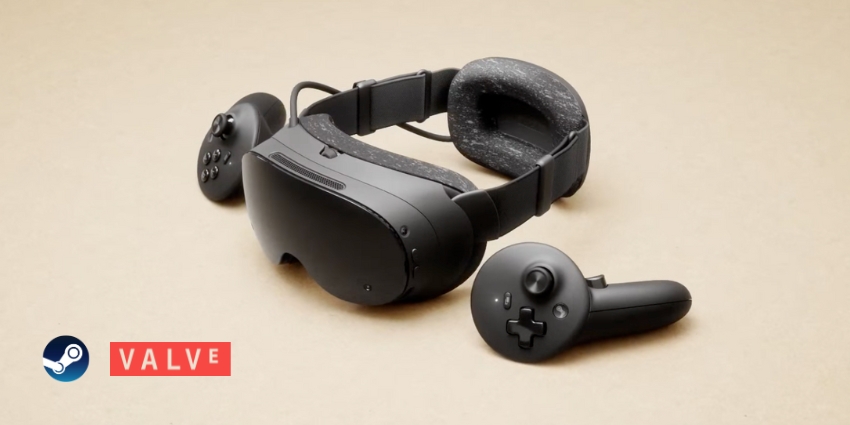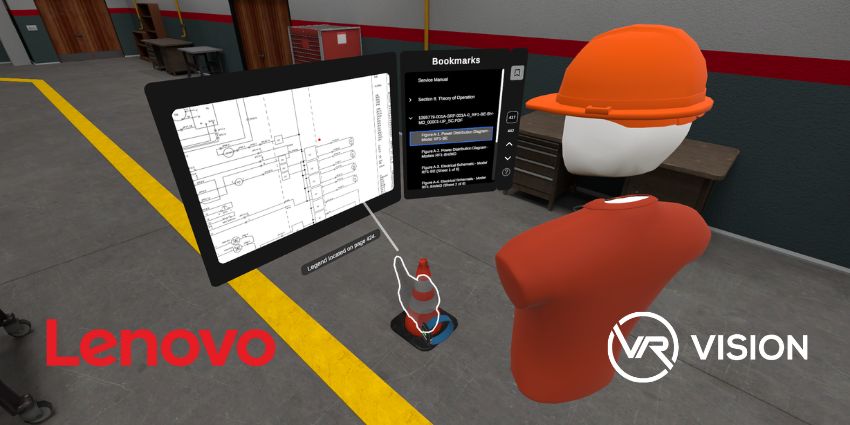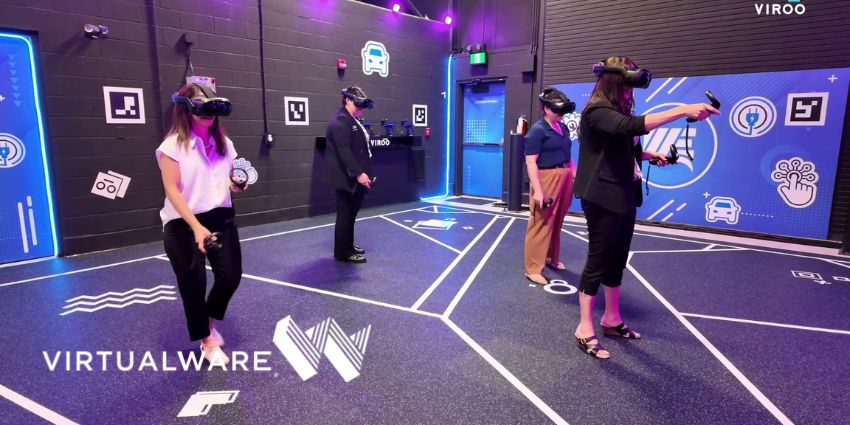The irony isn’t lost on anyone. The company that built its empire by keeping people glued to screens is opening up a good old bricks-and-mortar shop.
Meta’s reported Oxford Street venture is more than just retail expansion – it’s a high-stakes test of whether some the most experimental technologies of our time can burst into the mainstream.
Zuck Eyes Up Some Pricey Real Estate
Meta is preparing to plant its flag on Oxford Street with its first UK retail store, and second overall after its California flagship. Clearly, digital world domination isn’t enough, and Mark Zuckerberg now fancies a go cracking the notoriously tricky high street.
The social media giant is reportedly scouting exact locations for its first UK physical store, where customers can experience hands-on demonstrations of Meta Quest VR headsets, try on Ray-Ban smart glasses with integrated AI capabilities, and explore augmented reality applications in a controlled environment.
But far from being just another Silicon Valley vanity project – there is serious strategy behind these plans.
Mind the Gap: Filling Microsoft’s Void
The timing is particularly interesting given Microsoft’s recent retreat from its Oxford Street flagship.
Where Microsoft saw defeat, Meta sees opportunity. These diverging strategies show the two tech behemoths’ fundamentally different approaches to hardware adoption. Microsoft’s products – laptops, tablets, gaming consoles – are familiar categories that consumers understand without hands-on demos. Meta faces the harder challenge of convincing people they need entirely new product categories that don’t yet have clear use cases for most consumers.
Since 2020, Meta has spent over $50 billion on VR and AR development – roughly equivalent to buying Spotify and Airbnb, and still having change for a decent Zone 2 flat. The new London store will be a a crucial test of whether that investment translates to mainstream adoption.
Why B2B Buyers Should Care About Meta’s New Shop
Enterprise clients have been quietly embracing VR more and more for training and remote collaboration. Meta’s consumer-facing store could help to accelerate B2B adoption by demonstrating practical applications and reducing the “technology anxiety” that still plagues procurement teams.
VR and AR are inherently experiential technologies – you can’t understand mixed reality by reading about it. The tactile experience creates conversion opportunities that no amount of LinkedIn advertising can match.
For B2B buyers, this hands-on approach removes significant barriers. Nothing says “legitimate business tool” quite like being able to kick the tyres in person. Plus, Meta’s store isn’t just about VR and AR, it’s showcasing AI-integrated hardware. Ray-Ban smart glasses now feature Meta AI; transforming them from curious gadgets into potentially transformative business tools. Imagine warehouse glasses that instantly identify inventory discrepancies, or site inspection specs with real-time safety overlays.
VR for the Masses
Having VR headsets in a mainstream retail location should shift them from “niche tech gadget” to “product normal people might actually buy”. It could be argued that the biggest barrier to XR adoption isn’t technical limitations – it’s cultural perception that it’s still for gamers and early adopters.
Meta’s physical presence also signals mixed reality’s transition from experimental technology to business tool. When you commit to Oxford Street rent prices, you’re making a statement that this technology has legs – even if those legs are occasionally virtual.
Apple’s Vision Pro at £3,499 makes Meta’s consumer-focused approach look positively accessible. This puts pressure on competitors to either match Meta’s strategy or double down on premium positioning.
Virtual Insanity? Meta’s Big Gamble
The risks are real: Oxford Street footfall has declined post-pandemic, VR motion sickness demos might kill the vibe, and London weather makes outdoor AR testing patchy at best. But the opportunities are equally compelling. Meta could position itself as the accessible alternative to Apple, create enterprise demo pipelines with London’s financial district nearby, and gather invaluable data from diverse users.
Whether this gambit pays off depends less on tourist curiosity and more on demonstrating genuine utility for consumers. Given Meta’s track record of turning experimental bets into billion-dollar businesses (and expensive failures), Oxford Street might become some of the most important real estate in the virtual world.
If things go really well, this could be VR’s transition from novelty to normal. When your grandma can try smart glasses after her M&S shop, we’ve hit mainstream. The real test isn’t whether tech enthusiasts love it – we know they already do. It’s whether Meta can convince ordinary Londoners that this stuff is useful enough to justify another gadget in their over-stuffed lives.
After all, this is the company that convinced three billion people they needed to share breakfast photos with the world. Never underestimate the power of making the obscure seem essential – especially when you’re paying London rent to prove it.







